Teaching
Occupational and Environmental Health Sciences (OEHS) Program
The OEHS program educates students to enter careers in environmental health, occupational health, safety, and industrial hygiene. Its core objective is to proficiently manage hazardous workplace and environmental exposures, thereby averting fatalities, injuries, and illnesses that impact both workers and the broader community.
Dr. Park’s OEHS Courses
HSCI 346 Industrial Hygiene Engineering Control
HSCI 546 Advanced Industrial Hygiene Engineering Control
Engineering controls are implemented to minimize or eliminate hazards at their source, thereby isolating workers from potential risks. This course provides an overview of techniques for hazard control in the workplace, with a strong focus on industrial ventilation. Topics covered include fundamental principles of fluid flow, design of hoods and ducts, and system balancing. Additionally, the course addresses the effects and management of physical hazards such as noise, vibration, and heat stress.


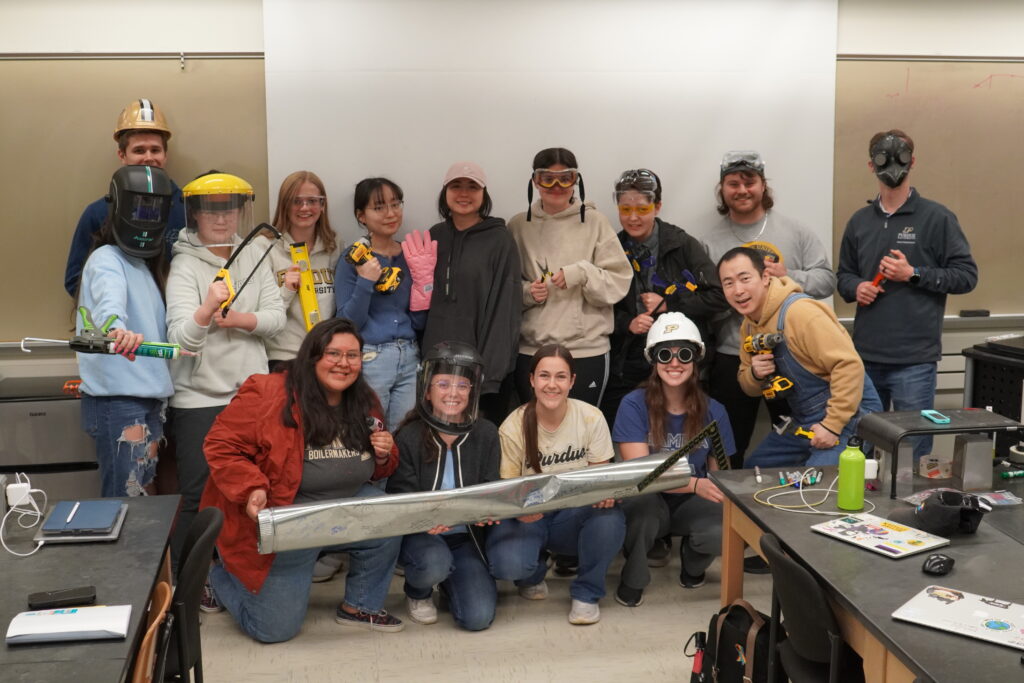
HSCI 348 Industrial Hygiene Instrumentation Techniques
HSCI 548 Advanced Industrial Hygiene Instrumentation Techniques
This course offers a comprehensive exploration of the technology and methodologies essential for planning and executing diverse occupational hygiene surveys. It encompasses class lectures, hands-on demonstrations, laboratory sessions, and practical training in both active and passive sampling methods. Students will gain proficiency in utilizing sophisticated field and laboratory instrumentation for monitoring various workplace hazards, including organic vapors, dust, fibers, noise, and heat. Calibration and validation techniques are also covered, with a focus on critical analysis of collected data. The course is designed to be beneficial for individuals tasked with conducting industrial hygiene sampling surveys across different environments.
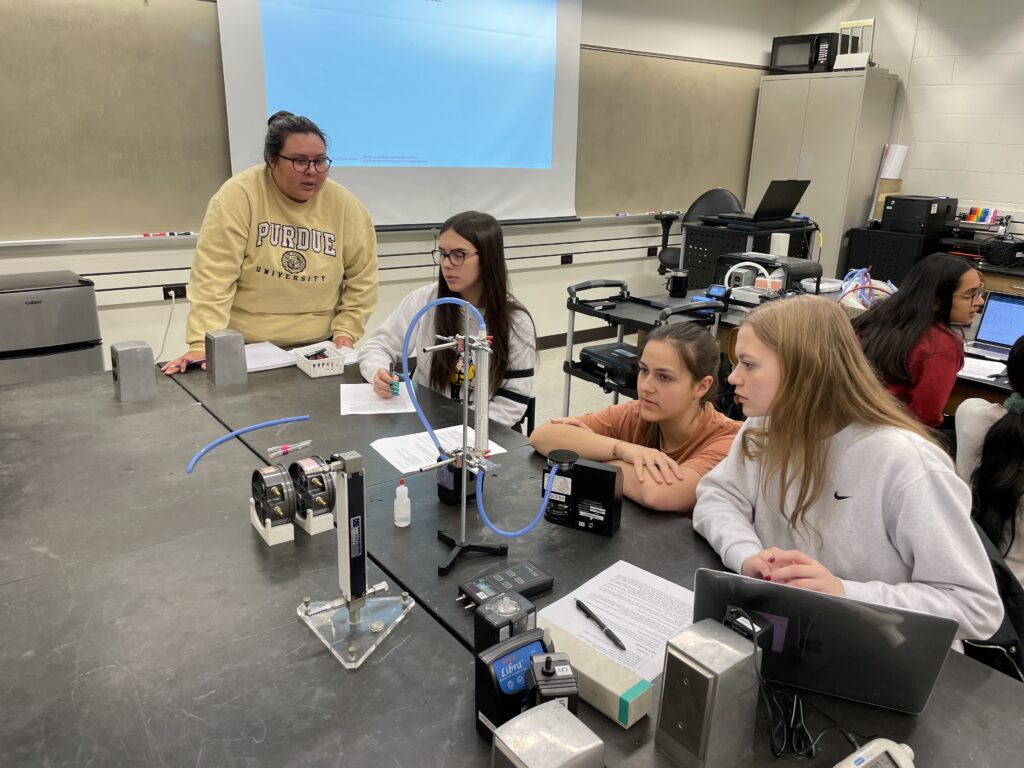
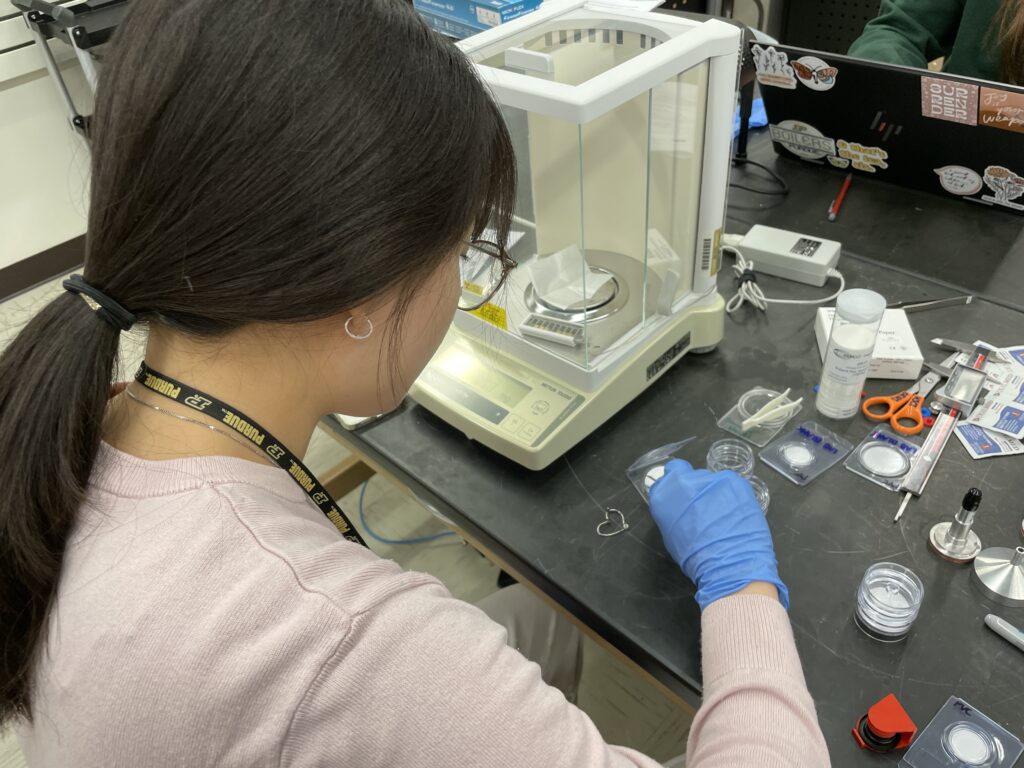
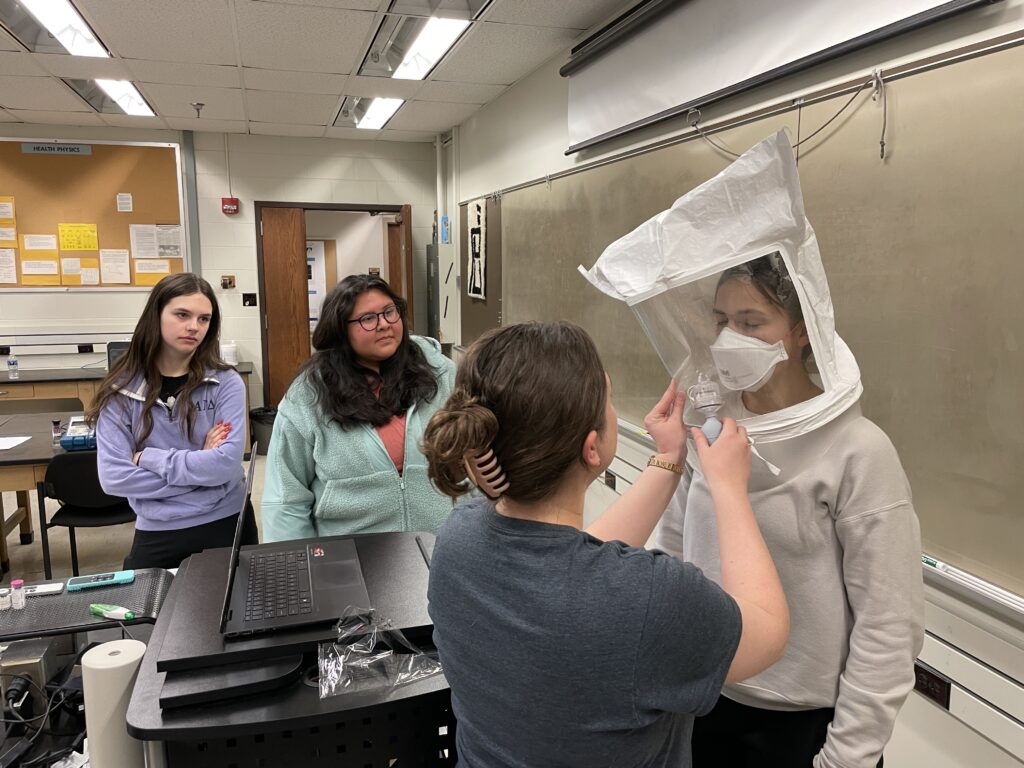
HSCI 552 Introduction to Aerosol Science
An aerosol is a solid or liquid particle suspended in a gas and is found widely in both workplace and outdoor environments. While certain aerosols pose significant health risks, others have positive impacts on our daily lives. Understanding aerosol behavior is essential for minimizing adverse effects and maximizing their beneficial potential. This course will examine the mechanics of aerosol behavior, including their generation, transformation, and fate in various occupational and environmental settings.
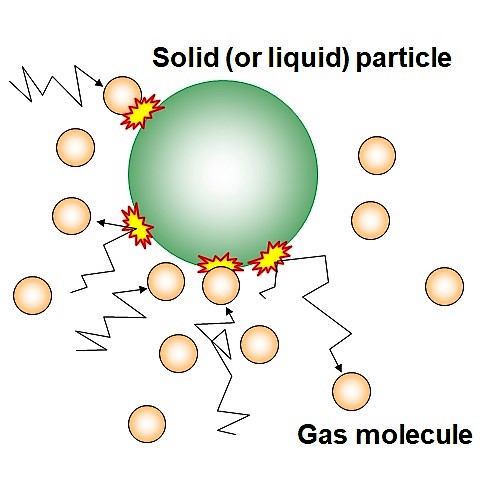
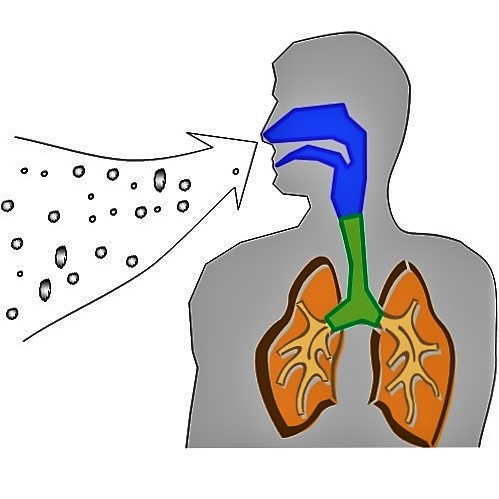
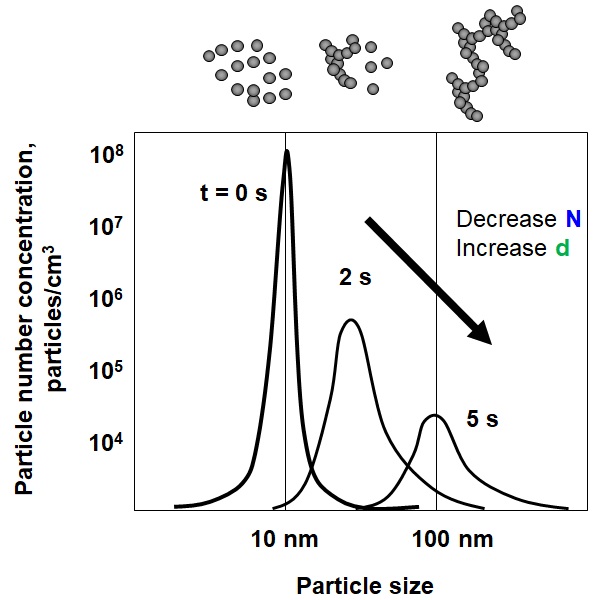
HSCI X90 OEHS Research Experience
Participating in a research laboratory offers invaluable hands-on experience that enhances your understanding and appreciation of scientific concepts covered in coursework. This course serves as a crucial link between your academic pursuits and future professional endeavors, enriching both aspects of your life. The primary aim is to provide novice research students like yourself with an immersive experience in the multifaceted operations of a functioning research laboratory, mirroring the responsibilities of graduate student researchers or laboratory technicians. As such, you should be prepared to assume the duties inherent to such roles. It is assumed that your interest in OEHS research has led you to enroll in this course, with the intention of exploring its alignment with your interests and career goals. Students are encouraged to be self-motivated and to seek guidance and support from Dr. Park as needed.
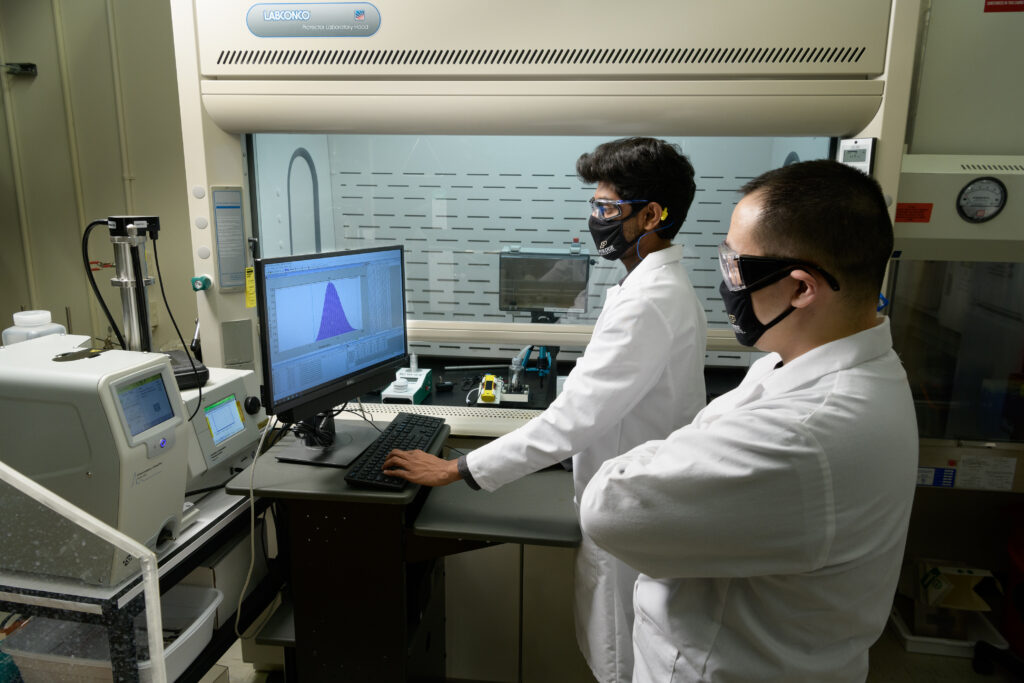
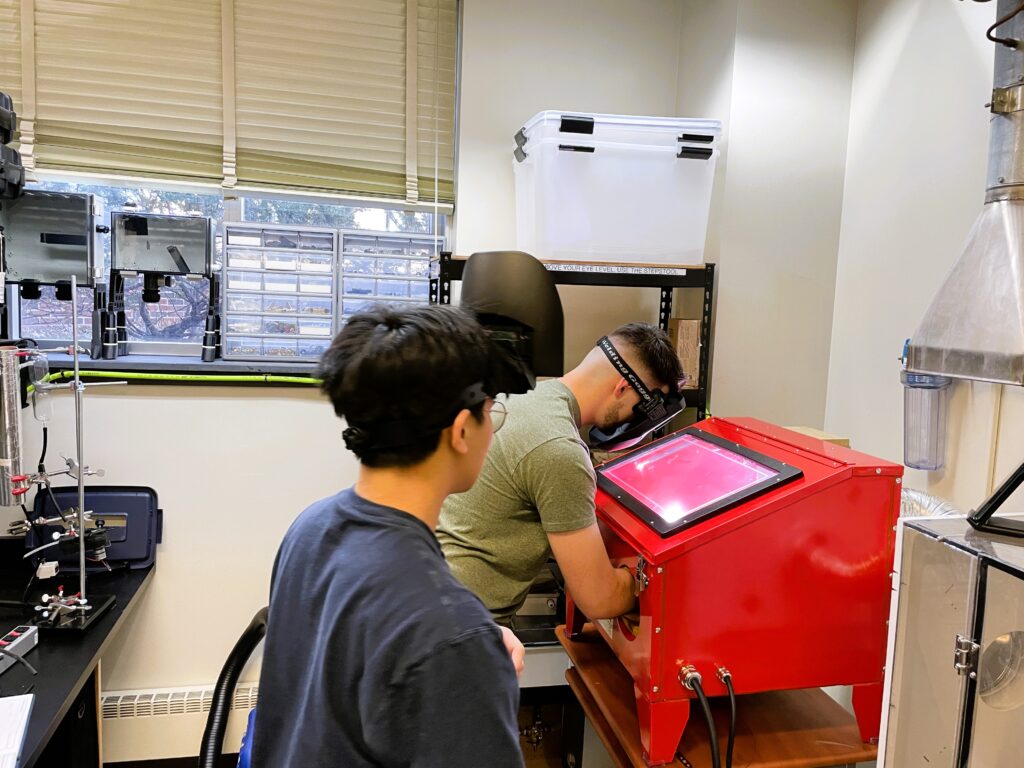
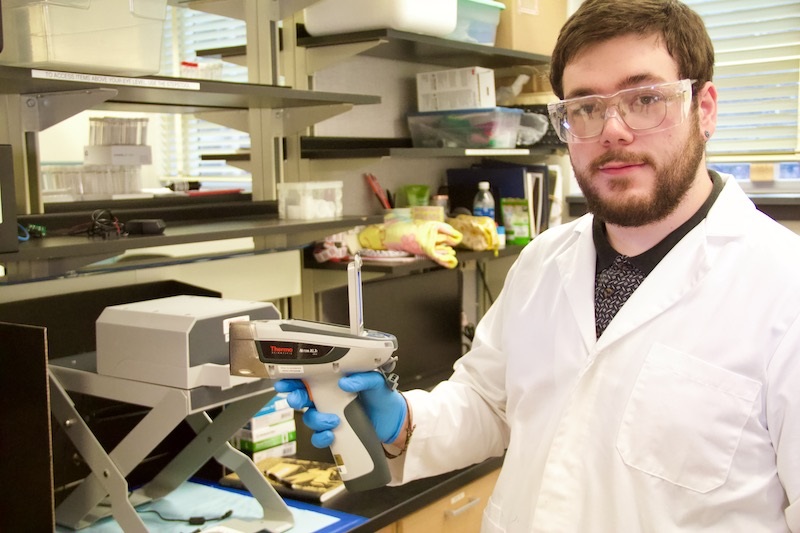
HSCI 345 Introduction to Occupational and Environmental Health Sciences (2017-2019)
HSCI 345 serves as the foundational core course for students pursuing majors in OEHS. This course is designed to provide students with a comprehensive understanding of occupational and environmental health, catering to individuals with diverse backgrounds and interests, including those contemplating a major in these fields. The primary objective of HSCI 345 is to equip students with the necessary skills to identify health hazards associated with exposure to toxic agents in both workplace and environmental settings. Throughout the semester, students will delve into the principles of occupational health (industrial hygiene) and environmental health, with a focus on anticipating, recognizing, evaluating, controlling, and confirming hazards present in workplaces and communities. Special emphasis is placed on understanding the risks posed by chemicals and their role in occupational and environmental diseases. Additionally, the course covers historical perspectives, contemporary legislation, and essential concepts such as epidemiology, toxicology, exposure standards, respiratory protection, and ethical considerations, all within the context of occupational and environmental health.
HSCI 575 Introduction to Environmental Health (2024)
This course covers the basic principles of environmental health needed for the prevention of disease and the promotion of public health. Topics include basic methodologies for assessing the effect of environmental agents, including epidemiology, toxicology, exposure assessment, and risk assessment. The major biological, chemical, and physical agents will be addressed with emphasis on:
- physical characterization and exposure assessment,
- adverse health effects and their mechanisms,
- population exposures,
- dose-response relationships,
- effects on susceptible populations,
- applicable standards and regulations, and
- control of exposures.
The course will address ethical and global issues involved with environmental health, including conflicts of interest in controlling environmental hazards, environmental justice, and global climate change.